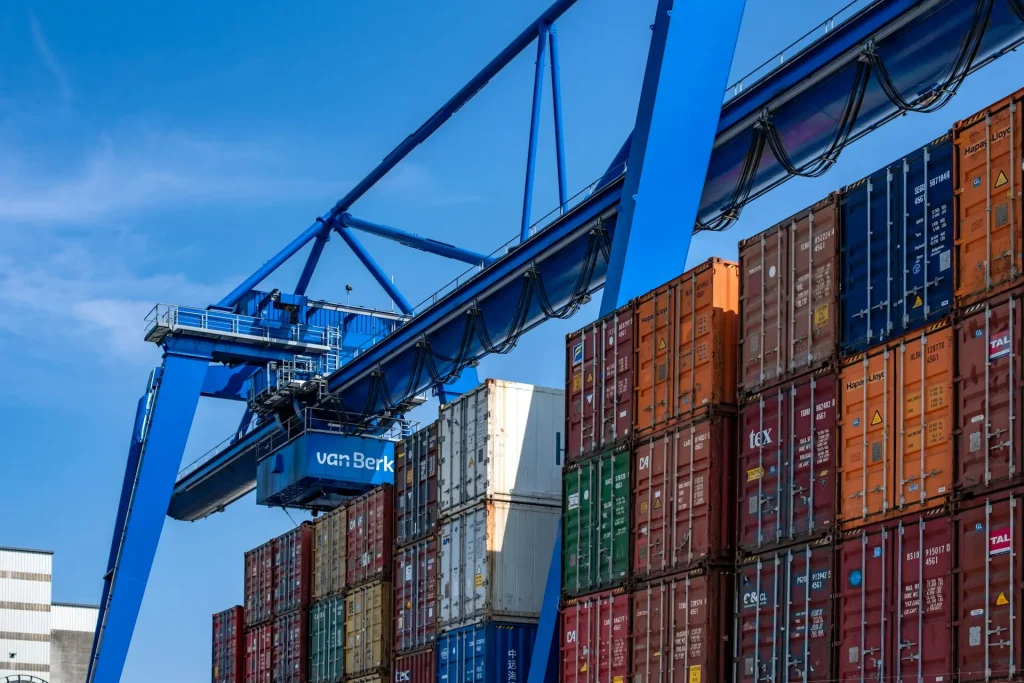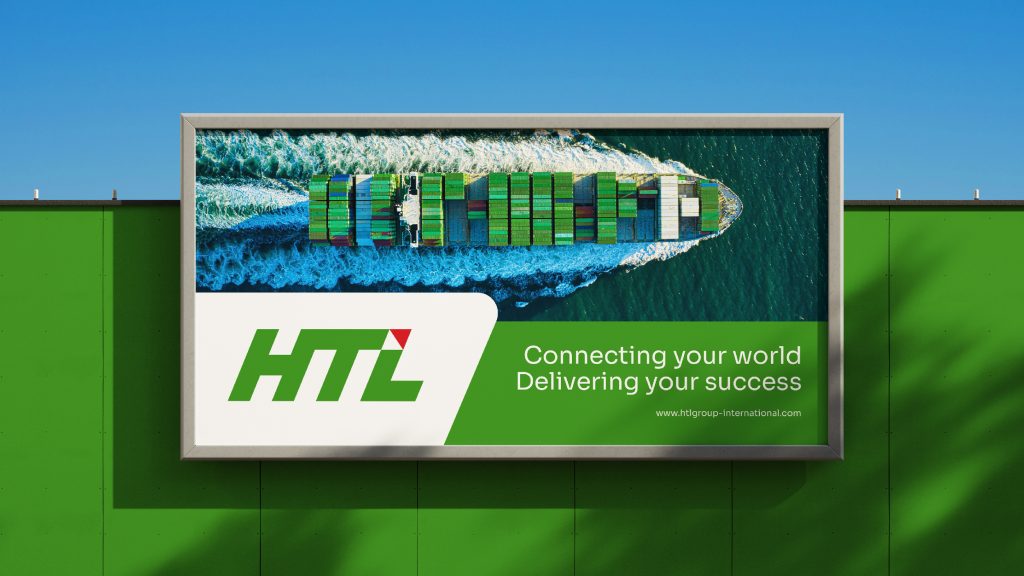In today’s competitive market, moving goods from one place to another is no longer a simple task. Supply chains are more complex than ever, with multiple transport modes, tight deadlines, and increasing customer expectations. This is where a full-service logistics provider becomes a game-changer.
What is a Full-Service Logistics Provider?
A full-service logistics provider offers end-to-end solutions for transportation and supply chain needs. This can include:
- Cargo handling
- Air and sea freight
- Inland transportation
- Warehousing and distribution
- Customs clearance
- Tracking and reporting
By managing the entire process under one roof, these providers create a seamless flow from pickup to final delivery.
1. Simplified Operations
Working with multiple service providers can be complicated. A full-service partner removes the need to coordinate between different companies. This means:
- One point of contact for all logistics needs.
- Faster decision-making.
- Less risk of miscommunication.
With a single partner overseeing the entire supply chain, businesses can focus on their core activities instead of managing logistics complexity.
2. Cost Efficiency
Full-service providers often have strong networks and established partnerships, allowing them to negotiate better rates for transport and warehousing. By consolidating services, companies can:
- Reduce administrative costs.
- Avoid duplicate handling fees.
- Optimize routes for fuel and time savings.
Over time, these efficiencies can significantly impact a company’s bottom line.
3. Better Visibility and Control
Modern logistics providers use technology to give clients real-time tracking and reporting. This transparency allows businesses to:
- Monitor shipments every step of the way.
- Anticipate and resolve delays quickly.
- Make informed decisions about inventory and production.
Better visibility means fewer surprises and more predictable delivery schedules.
4. Flexibility Across Multiple Transport Modes
A full-service logistics provider can easily switch between air, sea, and inland transport depending on your needs. For example:
- Air freight for urgent deliveries.
- Sea freight for cost-effective bulk shipments.
- Inland trucking for last-mile distribution.
This flexibility helps businesses adapt to changing market demands or unexpected disruptions.
5. Expertise in Compliance and Customs
International shipping involves complex regulations. A reliable logistics provider will handle:
- Customs documentation.
- Import/export compliance.
- Tariff management.
This reduces the risk of delays, fines, or goods being held at borders.
6. Scalability for Business Growth
As a business grows, so do its logistics needs. A full-service partner can scale operations to match seasonal peaks, new markets, or increased order volumes — without requiring the business to invest in new infrastructure.
The Bottom Line
Partnering with a full-service logistics provider is more than outsourcing transportation — it’s about building a strategic relationship that supports efficiency, growth, and customer satisfaction. From streamlining operations to improving delivery reliability, the right partner can become an essential part of a business’s success.




